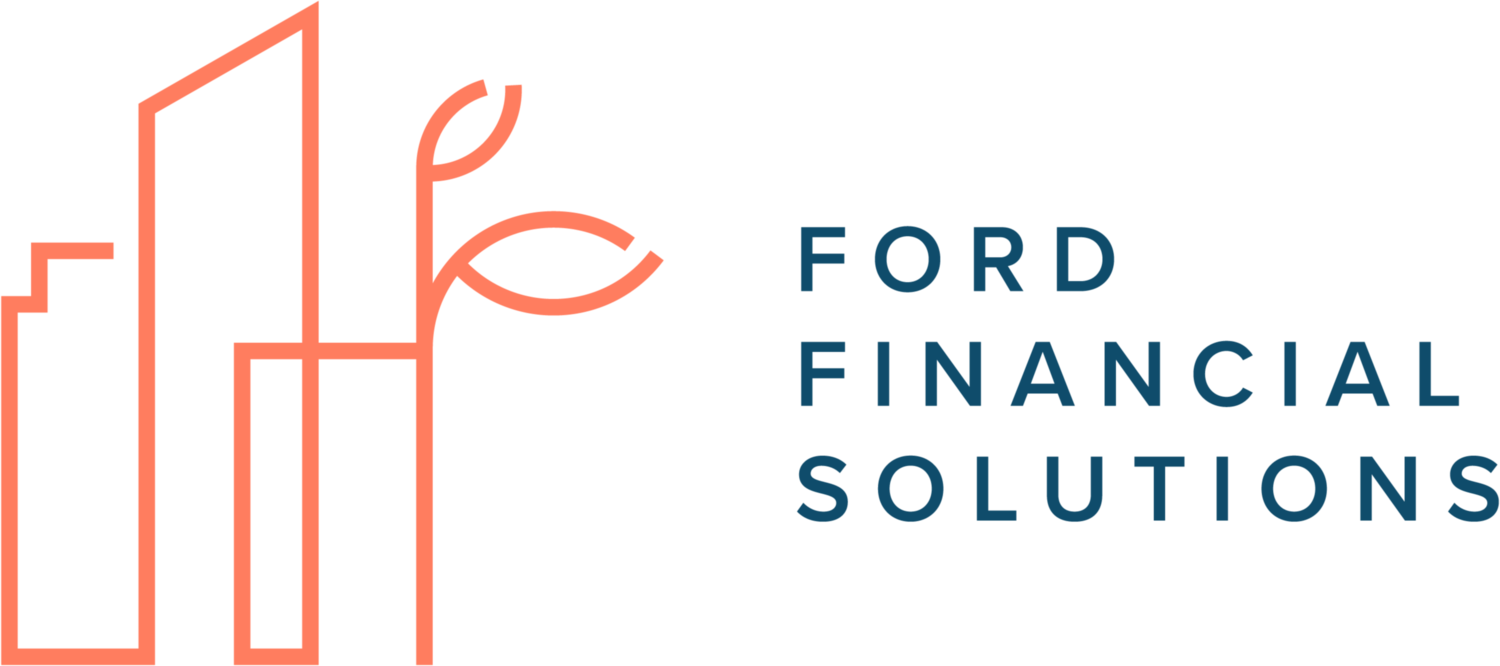A secret last will and testament, a fifteen-year fight to remove a comatose woman’s feeding tube, a last-minute model wife who sues for the late billionaire’s estate — this is the stuff of John Grisham novels, Supreme Court cases, and Us Weekly. For the rest of us, estate planning may be less dramatic (hopefully), but it remains an essential piece of ordering your financial world.
Equifax Cyberattack: Your Action Plan
Where to Keep Your Cash Money
How much cash should you keep on hand? That’s a question that comes up with every client, and rightfully so: too little and you’ll be unprepared for emergencies or unexpected expenses, but too much and you won’t be investing your money wisely. While the answer depends on your goals and personal circumstances, here are some rules of thumb that apply to just about everyone.
Best Practices for Using Mint
Spending your money in the right way starts with understanding how you’re spending your money. Reviewing credit card and bank statements or using an online expense-tracking tool will help bring awareness to how you’re spending your money. If you don’t currently have a system in place, I recommend you give Mint a try. Check out my recommendations for best practices with Mint.
Questions you should ask any financial advisor
There’s a wide spectrum of professionals who call themselves financial advisors. You need to know how to tell the difference between pure salespeople selling products and advisors committed to providing quality advice and acting in your best interest. Also, if you or a loved one works in public service, don’t miss the New York Times article below highlighting the pitfalls of some 403(b) retirement plans.
A Financial Road Map for Graduates: Part 2
This is Part 2 of our series on post-graduation financial wellness. In Part 1 we tackled goal-setting and understanding your debt and cash flow. Now we can move on to budgeting and organization. When you set goals, understand your cash flow, and prioritize your spending so that you take care of your most important goals and responsibilities first, you are in control of your money and not the other way around.

